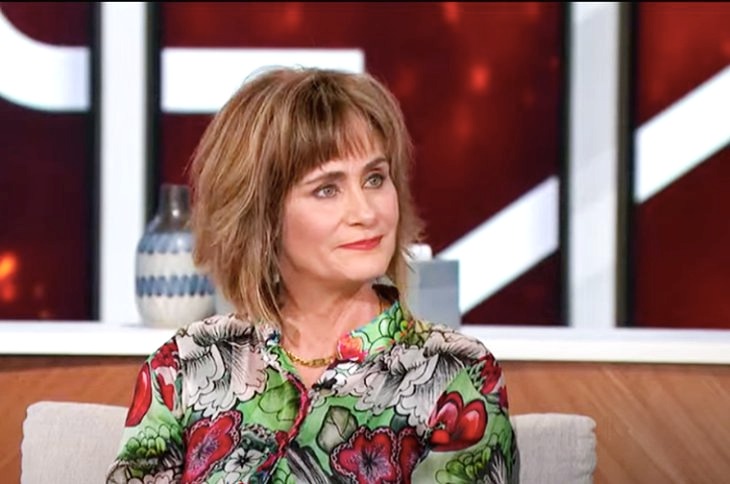Fire Country Star Diane Farr Pushing For Major Change
- 0Facebook
- 6Twitter
- 0Pinterest
- Total6
As a new year unfolds, Diane Farr calls for significant production schedule changes. With over three decades of experience in the entertainment industry, the Fire Country star has seen the impact of grueling production days firsthand. Recently, Farr added directing to her repertoire, making her debut as a director on the show’s third season last year.
In a feature with The Hollywood Reporter, Farr, 55, discussed the toll that 50- to 60-hour workweeks can take on mental health, relationships, and overall well-being. She emphasized that “consistently working beyond a 10-hour day can crumble a home life and the art we come together to make.”
Fire Country Spoilers – Dealing With Challenges on Set
Farr shed light on the challenges stemming from inefficient practices on set, remarking that, too often, those in charge fail to make critical decisions during filming. “Instead, they use the cast and crew to just capture content and find a story later,” she explained.

Drawing from her early career, when single-camera setups with actual film limited shooting options, Farr noted how these constraints forced creators to commit to their storytelling decisions upfront, ultimately resulting in more efficient production days.
Having worked across 10 television series in various genres—from sitcoms to streaming dramas and procedurals—Farr has experienced both optimal and extreme shooting schedules. She noted that some productions pushed the boundaries of union regulations.
Her time spent shadowing directors helped her develop an understanding of efficient shooting techniques, and when she eventually stepped into the director’s chair, she applied these lessons.
Farr managed to complete most of her days within nine or 10 hours, with her final day wrapping in just seven hours, even though her “fire” day stretched to 12.
Fire Country Spoilers – Questioning The Industry Standards
In her piece, Farr questioned the industry standard of the 12-hour workday. “What if the 12-hour shooting day — or any with a challenging stunt, location, or large group of characters (or all these variables happening simultaneously, which is often the case on our show) was considered overtime rather than a ‘standard workday’?
This would require new language and agreements from multiple unions to be negotiated with producers, executives, and buyers’?” she asked.
Farr suggested that this would require renegotiations between unions, producers, and executives. She pointed to the Directors Guild of America (DGA), known for its robust member support, as a potential catalyst for change.
Farr also emphasized the importance of equipping new directors with the skills needed to work efficiently while prioritizing health and safety. “Failing to educate newcomers on ways to work efficiently…could set all of us back further than ever,” she cautioned.
Long production days affect everyone involved in the process, from actors to crew members, often leading to physical and mental exhaustion. Farr’s directorial debut demonstrates that shorter shooting schedules are possible and could inspire others in the industry to follow her lead.
As discussions around mental health and workplace safety continue to gain momentum, Farr’s perspective offers a hopeful vision for a more balanced approach to filmmaking. Fans can catch Diane Farr in Fire Country when the show resumes on Friday, Jan. 31, at 9 p.m. ET on CBS.
Be sure to catch up on everything happening with Diane Farr right now. Come back here often for all Diane Farr spoilers, news, and updates.
- 0Facebook
- 6Twitter
- 0Pinterest
- 0LinkedIn
- Total6

